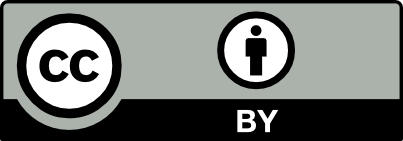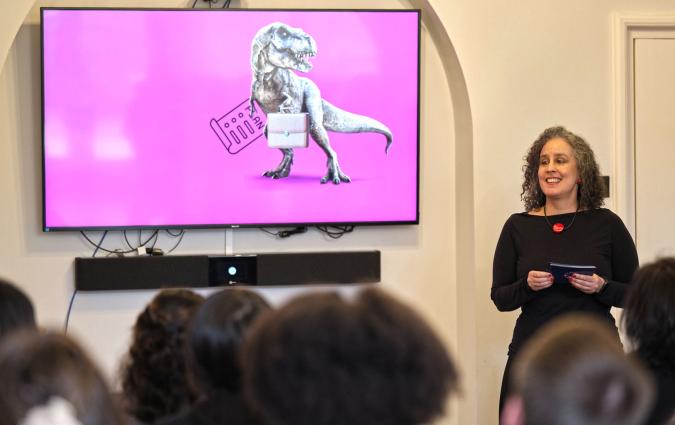The Rise of Fact-Checking Sites in Europe

DOI: 10.60625/risj-tdn4-p140
The new millennium has seen the rise and rapid global spread of what can fairly be called a new democratic institution, the independent political fact-checker. The first organisations dedicated to publicly evaluating the truth of political claims appeared in the United States in the early 2000s, anchoring what would become a staple of political reporting practised by nearly every major US news outlet. Over the past decade, meanwhile, independent fact-checkers have emerged in more than 50 countries spanning every continent.
According to the most reliable global count, 113 such groups are active today. More than 90% were established since 2010; about 50 launched in the past two years alone. This report surveys the landscape of fact-checking outlets in Europe, a landscape which is remarkably diverse and fast-changing.
The first regular source of political fact-checking appears to have been a blog launched by the United Kingdom’s Channel 4 News in 2005, to cover a parliamentary election. In 2008 similar efforts appeared in France and the Netherlands, and by the end of 2010 fact-checkers were active in ten countries. In all, more than 50 dedicated fact-checking outlets have launched across Europe over the past decade, though roughly a third of those have closed their doors or operate only occasionally.
Published by the Reuters Institute for the Study of Journalism with the support of the Google and the Digital News Initiative.

This report can be reproduced under the Creative Commons licence CC BY. For more information please go to this link.






